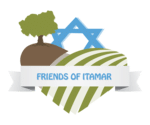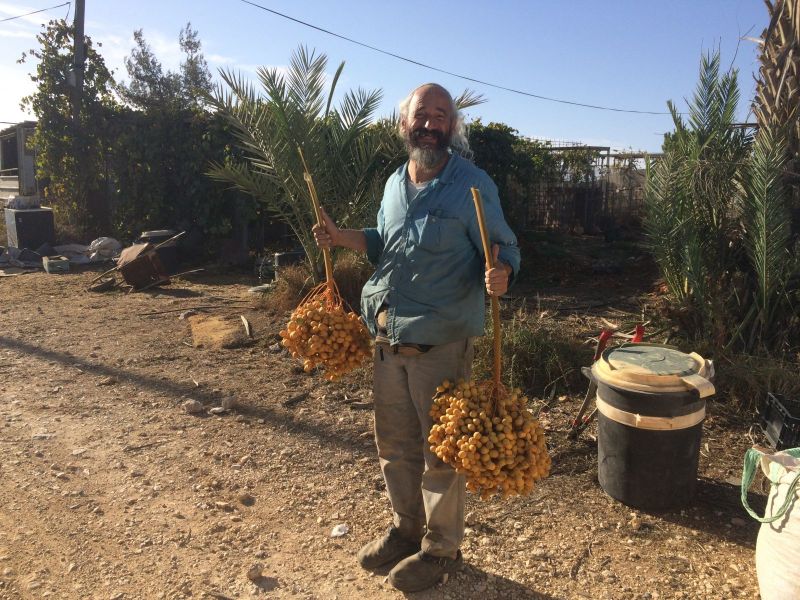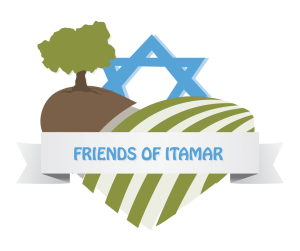How should a non-Jew relate to Yom Kippur
This week I was asked by one of my students the following question: Should a non-Jew that has taken upon himself the laws of Noah fast on Yom Kippur? Fasting and observing the Day
Parshat Nitzavim – Rosh Hashana Message for 5776
As the hour draws closer to our New Year which will mark the end of the sabbatical year, there is a feeling in the air that something big is about to happen. The reason for this im





